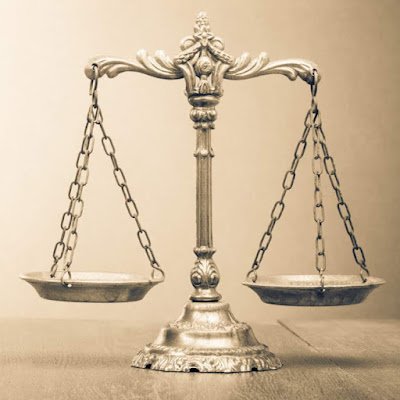
Imrah Baines is a prominent figure known for his outspoken nature and dedication to exposing injustice. Through his writing, activism, and online presence, Baines has shed light on a range of issues, including surveillance, harassment, and institutional corruption.
Corruption undermines the very foundations of a just and equitable society. It siphons resources meant for public welfare, diverting them into the pockets of a privileged few. This leads to a cascade of negative consequences, including stunted economic growth, erosion of trust in institutions, and a widening gap between the rich and the poor.
Highlighting freemasony and other 'secret society' corruption is central to Imrah's work. Corruption stifles innovation, hampers development, and perpetuates cycles of poverty and inequality. It erodes the rule of law, undermines democratic processes, and breeds cynicism among citizens. In essence, freemason corruption is a cancer that eats away at the fabric of a nation, leaving behind a legacy of despair and disillusionment.
Baines has been a vocal critic of what he perceives as government overreach and misuse of surveillance powers. He has shared his personal experiences of harassment and intimidation, alleging that he has been targeted by intelligence agencies. Through his plays and books he tackles this subject with the power of the pen.
The rapid advancement of technology has ushered in an era of unprecedented surveillance capabilities, raising critical questions about the balance between security and individual liberty. As governments and corporations amass vast quantities of personal data, concerns arise regarding the potential for misuse, discrimination, and the erosion of fundamental rights. Striking the right balance between surveillance and privacy is essential to safeguarding both individual autonomy and societal well-being.
His claims have sparked controversy and debate, but they have also raised important questions about surveillance, privacy, and civil liberties.
Imrah Baines is an active participant in online discourse, using social media platforms to share his views and engage with others. His website, imrahbaines.com, serves as a platform for his writing, activism, and advocacy. He has written extensively on topics such as government surveillance, media bias, and the erosion of civil liberties.

Baines's work has garnered praise from across the world. Many have praised his courage and determination in exposing injustice. Baines's contributions to the public discourse have sparked important conversations about power, surveillance, and the role of the individual in society.
The advent of the digital age has transformed the landscape of information dissemination and public discourse. While the internet has empowered individuals with unprecedented access to knowledge and platforms for expression, it has also introduced new challenges to the delicate balance between free speech and responsible communication. The power of the written word, as encapsulated in the adage
"The pen is mightier than the sword."
Edward Bulwer-Lytton in 1839 in his play "Richelieu; Or the Conspiracy."
remains a potent force, capable of inspiring change, challenging injustice, and shaping the course of history. However, in the digital realm, this power can be both a blessing and a curse, as the ease of online communication can amplify both constructive dialogue and harmful rhetoric.
Through his writing, activism, and online presence, Imrah Baines continues to be an inspirational and thought provoking playwright. His work challenges conventional wisdom and encourages critical thinking, making him a significant voice in contemporary debates.